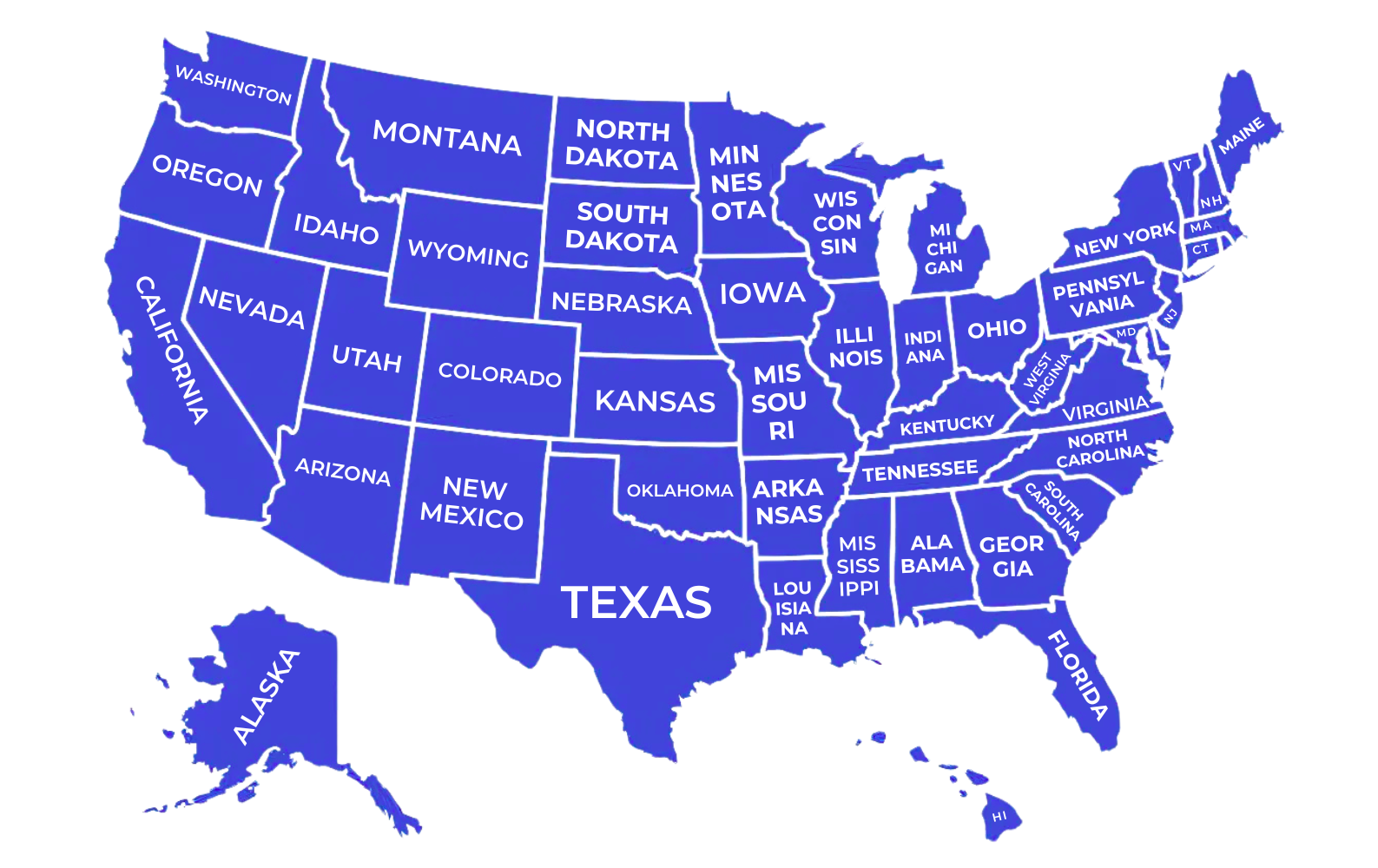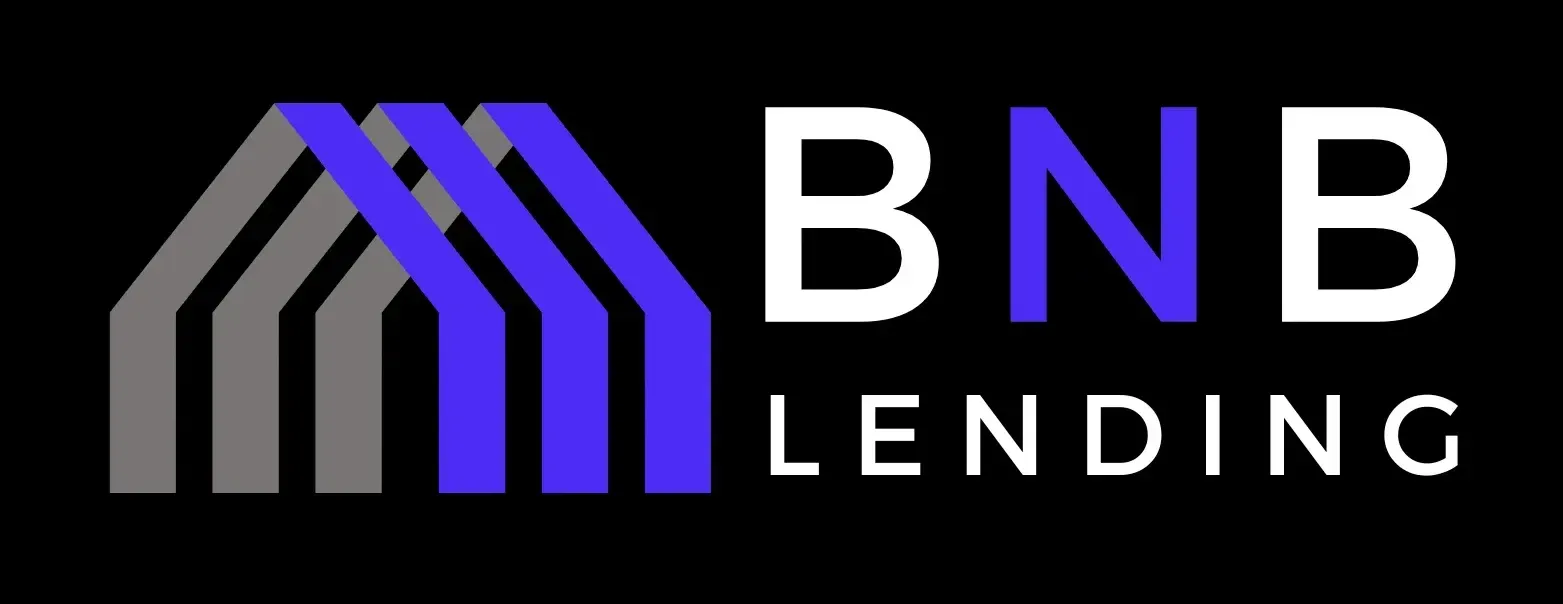
North Carolina Second Home Loans and Mortgage Solutions
Financing Your Dream Second Home
Thinking about a second home in North Carolina? Whether you're eyeing a cabin in the Blue Ridge Mountains, a condo in Charlotte, or a vacation house on the Outer Banks, BNB Lending offers second home mortgage solutions tailored to part-time occupancy. We guide borrowers through North Carolina’s local occupancy taxes, county STR permitting, and real estate tax framework. Our second home loans come with fast closings, competitive terms, and expert guidance to ensure your mortgage remains compliant with both lender rules and North Carolina’s local regulations.
How to qualify
To obtain a quote, we will need the following information:
Property Value and
Purchase Price
Down Payment
Amount
Credit Score
Asset Types
- Single Family Homes
- Townhomes
- Condos
- 2 - 4 Units (Duplex, Triplex, Quadplex)
- Multi-Family: 5 - 8 Units
- Mixed-Use: 2 - 8 Units
- Multi-Family: 9+ Unit
Loan Terms
- Loan Sizes:
$100k up to $3.5 Million (Larger loan sizes available on a case by case basis)
- Purchase LTV:
Up to 85%
- Rate & Term Refinance LTV:
Up to 80%
- Cash Out Refinance LTV:
Up to 80%
- Amortization:
30 Year % 40 Year Amortization Options Available
- Term Lengths:
5/6 ARMs, 7/6 ARMs, 10 Year Interest Only, 30 Year Fixed & 40 Year Fixed
- Floor Rate:
5.50% (subject to change daily due to market volatility)
- Full Recourse
with personal guarantee required for all borrowers with majority ownership (typically 20%+ or 25%+ if closing in an Entity)
- DSCR Requirement: 1.00x or greater depending on loan size and property type. Sub-1.00x DSCR and NO DSCR options available.
- Vesting:
Lending to Individuals, LLCs, and Corporations. Trusts Allowable on a Case by Case Basis.
- Average Time to Close:
14 to 35 days
Wondering if you qualify for investment property financing in your area?
We offer lending services in all 50 states!

Frequently Asked Questions
What are the requirements for a second home loan in North Carolina?
North Carolina second home loans follow federal lending guidelines. The property must be a single-unit residence, livable year-round, and used by the borrower for part of the year. It cannot be primarily used for short-term rentals or titled in an LLC. Most lenders require a 10–20% down payment, verifiable income, and a good credit score. North Carolina does not impose additional restrictions beyond federal criteria, though local zoning or HOA rules may affect how the property is used. BNB Lending confirms eligibility based on usage and location.
How do short-term rental rules affect loan classification?
STR usage can change your loan type. If the property is rented frequently, your lender may classify it as an investment home, resulting in higher rates and stricter requirements. While North Carolina has no statewide STR law, many cities and counties—especially in beach and mountain regions—require permits and collect occupancy taxes that range from 6% to 8%. BNB Lending reviews your intended use and property location to help ensure your mortgage stays compliant with local rules and is structured for second home loan status.
Do second homes qualify for property tax breaks in North Carolina?
North Carolina second homes are taxed at 100% of their appraised value, just like primary residences. However, only primary residences are eligible for local property tax exemptions—such as the $25,000 reduction for homeowners over age 65 or the disabled. Second homes do not receive these benefits and are subject to full property tax rates set by the county. BNB Lending helps you forecast your ongoing costs by reviewing local property assessments and confirming your home’s tax classification before closing.
Can I deduct mortgage interest on a second home?
Mortgage interest on a second home may be deductible at the federal level if you itemize deductions and meet IRS usage criteria. North Carolina mirrors federal rules and allows the deduction on your state return, although SALT caps may reduce its overall impact. If the property is rented, interest deductions must be prorated based on personal-use days. BNB Lending structures your loan to maintain potential tax efficiency and encourages clients to speak with a CPA who understands North Carolina’s tax rules and deduction limits.
Are there second home loan programs in North Carolina?
The North Carolina Housing Finance Agency provides programs for first-time and income-qualified homebuyers who intend to live in the property full time. These benefits are not available for second homes or vacation residences. BNB Lending fills that gap by offering flexible second home loans throughout North Carolina—from the Outer Banks to Asheville. Our team helps you navigate STR permitting, local tax assessments, and zoning rules to ensure your financing is both compliant and customized to your lifestyle.
What types of properties qualify for second home loans?
Eligible second homes must be one-unit dwellings that are livable year-round and used primarily by the borrower for personal occupancy. Property types include single-family homes, townhomes, and condos. They must meet lender condition and appraisal requirements. Timeshares and investment-only properties are excluded. In North Carolina, local STR ordinances and HOA guidelines may further impact a property’s eligibility. BNB Lending carefully reviews your home’s characteristics and intended use to ensure it qualifies for second home financing.
Who benefits from choosing a second home loan over an investment loan?
These loans are perfect for self-employed individuals, LLCs, and investors managing multiple properties. If you plan to use your North Carolina home primarily for personal stays and only rent it occasionally, a second home loan may offer better rates and terms than an investment loan. These loans must be in your personal name—not held by an LLC. BNB Lending structures North Carolina second home loans to provide flexibility while keeping your financing compliant with lender and zoning guidelines.
Thinking beyond North Carolina? Explore Airbnb loans and second home opportunities in nearby states like South Carolina or Tennessee to expand your portfolio.

